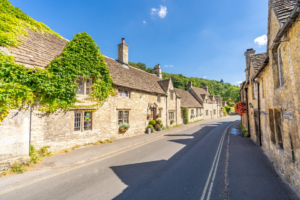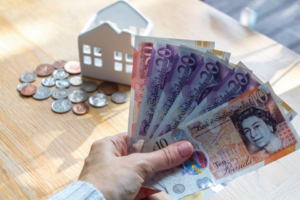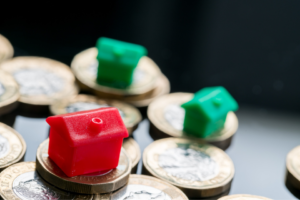Airbnb tax returns
If the recent changes to the guidance around taxation for Airbnb properties means you now have to complete an Airbnb tax return, there are certain things you’ll need to know. Here, we outline the types of tax you may need to pay under the Airbnb UK regulations, and discuss the process for submitting your tax return.
Does Airbnb count as self-employed?
If you earn money from renting a property with Airbnb, you qualify as a self-employed person and you’ll need to report your income to HMRC. This applies to rental incomes for:
- Secondary properties – income in excess of £1,000
- Primary properties that qualify for the Rent a Room Scheme – in excess of £7,500
As of 1 January 2024, Airbnb now shares data with HMRC on a formal basis, so if you require property tax advice, please don’t hesitate to contact us.
Types of Airbnb taxes
INCOME TAX
Income tax is based on your Airbnb rental income and your regular income. Put simply:
Regular income + (rental income – property-related expenses) = total income
How much you’re required to pay will depend on how much you earn.
Income tax bands:
- Personal allowance – Up to £12,570, rated at 0%
- Basic Rate – £12,570 to £50,270, rated at 20%
- Higher rate – £50,271 to £125,140, rated at 40%
- Additional rate – £125,141 and higher, rated at 45%
NATIONAL INSURANCE
If you host a property that’s available to let for 140 days or more per year, you have a property business.
- If your profits exceed £6,725, you’ll be required to pay Class 2 National Insurance Contributions (NICs).
- If you earn more than £12,570, you’ll need to play Class 4 NICs.
From tax year 2024/25 tax onwards, Class 2 NI will no longer apply. According to Jeremy Hunt, the Chancellor of the Exchequer at the time of the Class 2 NI scrappage announcement, this will save “the average self-employed person £192 per year.”
COUNCIL TAX
If you’re a short-term-let Airbnb host who rents a property for fewer than 140 days, you are responsible for the payment of Council Tax on the property.
How to do an Airbnb tax return
If you earn over £1,000 through Airbnb rentals, you will need to complete a Self Assessment tax return (SA100). This can be done online. If you haven’t completed a Self Assessment before, you’ll need to register before 5 October following the tax year that you’re submitting an SA100 for. You will then receive a Unique Taxpayer Reference (UTR), after which you can access the form.
You’ll find details of your Airbnb earnings on the Transaction History page in your Airbnb account. The SA100 requires you to fill in your earnings, expenses and any capital expenditure you may have made.
Self Assessments must be submitted by 31 January following the tax year you are filing for. If you’re completing a tax return for 2023-24, the return must be submitted by 31 January 2025. This is the date on which any tax that is due must also be paid.
Enlist the services of Airbnb tax experts
Navigating tax is notoriously challenging, so if you’d like the help of accountants for Airbnbs, look no further than Ibiss & Co. With offices in Barking, Tooting and Walsall, we know can help you understand the Airbnb HMRC rules and ensure you remain compliant.




